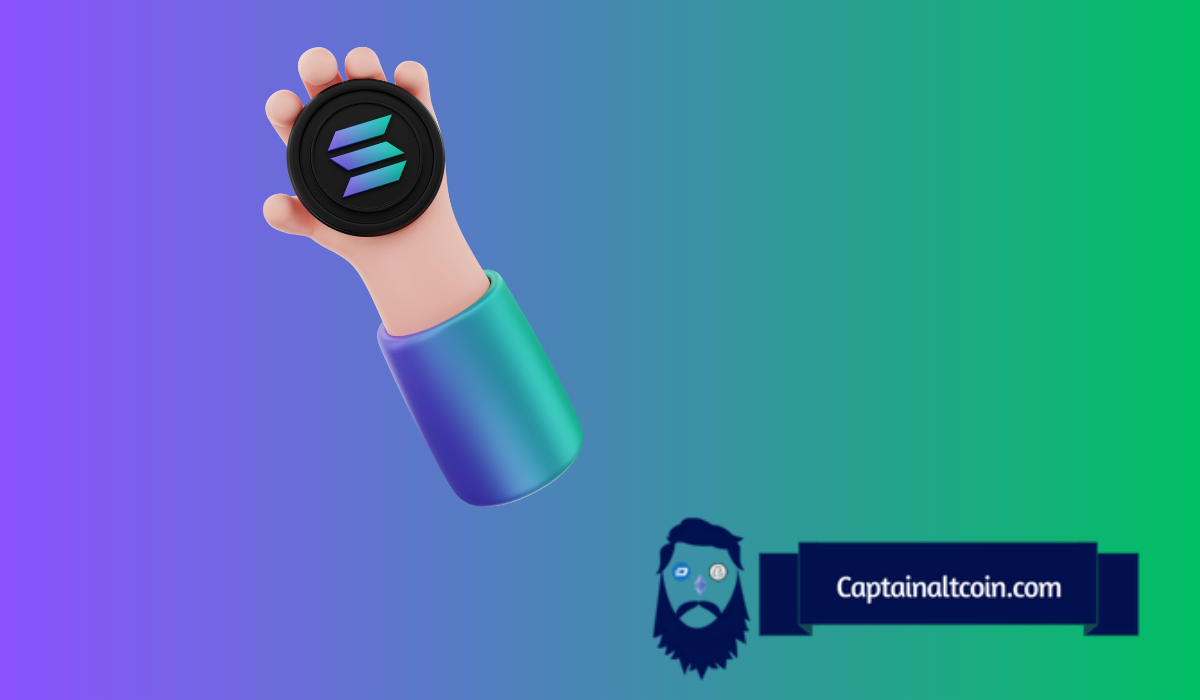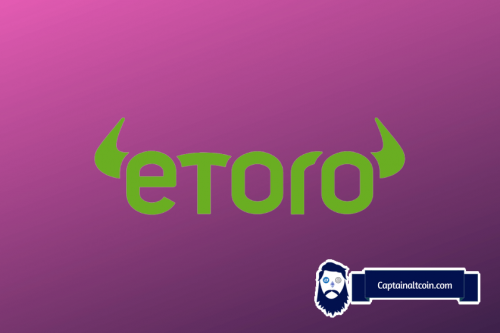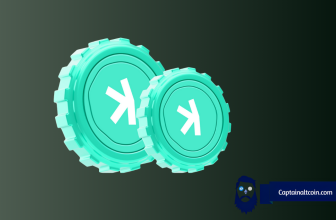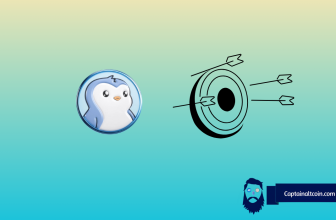
Solana has been making waves in the blockchain community with its recent protocol upgrades. While some may have been watching from the sidelines, the changes are too significant to ignore.
From client diversity to performance upgrades and isolated fee markets, Solana is setting new standards in the blockchain world. This article aims to provide an in-depth look at these upgrades and what they mean for the blockchain community.
What you'll learn 👉
Firedancer: The Dawn of Client Diversity
One of the most talked-about upgrades is Firedancer, which brings client diversity to Solana. Previously, all Solana validators ran the Labs client, making the network vulnerable to outages if a bug were to occur in the Labs client. Firedancer addresses this issue by introducing client diversity, similar to what exists in Ethereum. This means that a bug in one client won’t take down the entire network.
Firedancer is not just about client diversity; it also brings performance upgrades to the table. The optimization on the Labs client is expected to increase transactions per second (TPS) without requiring additional hardware. Some even suggest that these upgrades are substantial enough to warrant a rebrand to “Solana 2.0.”
Tinydancer: Light Clients for Everyone
Tinydancer is Solana’s approach to light clients, aiming to make blockchain validation more accessible. Currently, validating the Solana chain costs users upwards of $300 per month, requiring them to trust that the Remote Procedure Call (RPC) is honest.
Tinydancer aims to change this by allowing validators to operate with less hardware and depend on a single honest full node for alerts on invalid transactions. The exact hardware requirements for Tinydancer validators are still to be determined.
Jito & MEV: Improving Validator Economics
Solana currently boasts an impressive 2,900 full nodes but is more concerned with the number of nodes controlling 33% of the stake. The network would halt if these validators went offline simultaneously. Jito and Miner Extractable Value (MEV) aim to improve this situation.
Jito MEV allows searchers, such as arbitrage bots, to pay validators for transaction inclusion. This setup reduces spam and ensures that most MEV goes to improve validator economics. It’s a win-win situation for both validators and users.
Doge2014 raises 500K in days celebrating Dogecoin. Make potentially big profits and get in on exclusive airdrop!
Show more +Isolated Fee Markets and Dynamic Fees
In the current Solana Virtual Machine (SVM), transaction fees are fixed regardless of the compute units consumed. The new upgrades introduce isolated fee markets and dynamic fees to make the system more efficient.
Transactions affecting different parts of the state will be processed by different parts of the validator, ensuring that one transaction doesn’t impact another. Dynamic fees will fluctuate based on compute units, making the system more adaptable to market conditions.
Solana’s recent upgrades are a game-changer for the blockchain community. From introducing client diversity and performance upgrades with Firedancer to making blockchain validation more accessible through Tinydancer, Solana is pushing the boundaries of what’s possible in blockchain technology.
Add to that the improvements in validator economics through Jito and MEV, as well as more efficient fee structures, and it’s clear that Solana is a force to be reckoned with.
While this article covers only a subset of the upgrades, it’s evident that these changes are a step in the right direction for Solana and the broader blockchain community. As we move forward, it will be interesting to see how these upgrades shape the future of decentralized systems.
We recommend eToro
Wide range of assets: cryptocurrencies alongside other investment products such as stocks and ETFs.
Copy trading: allows users to copy the trades of leading traders, for free.
User-friendly: eToro’s web-based platform and mobile app are user-friendly and easy to navigate.








